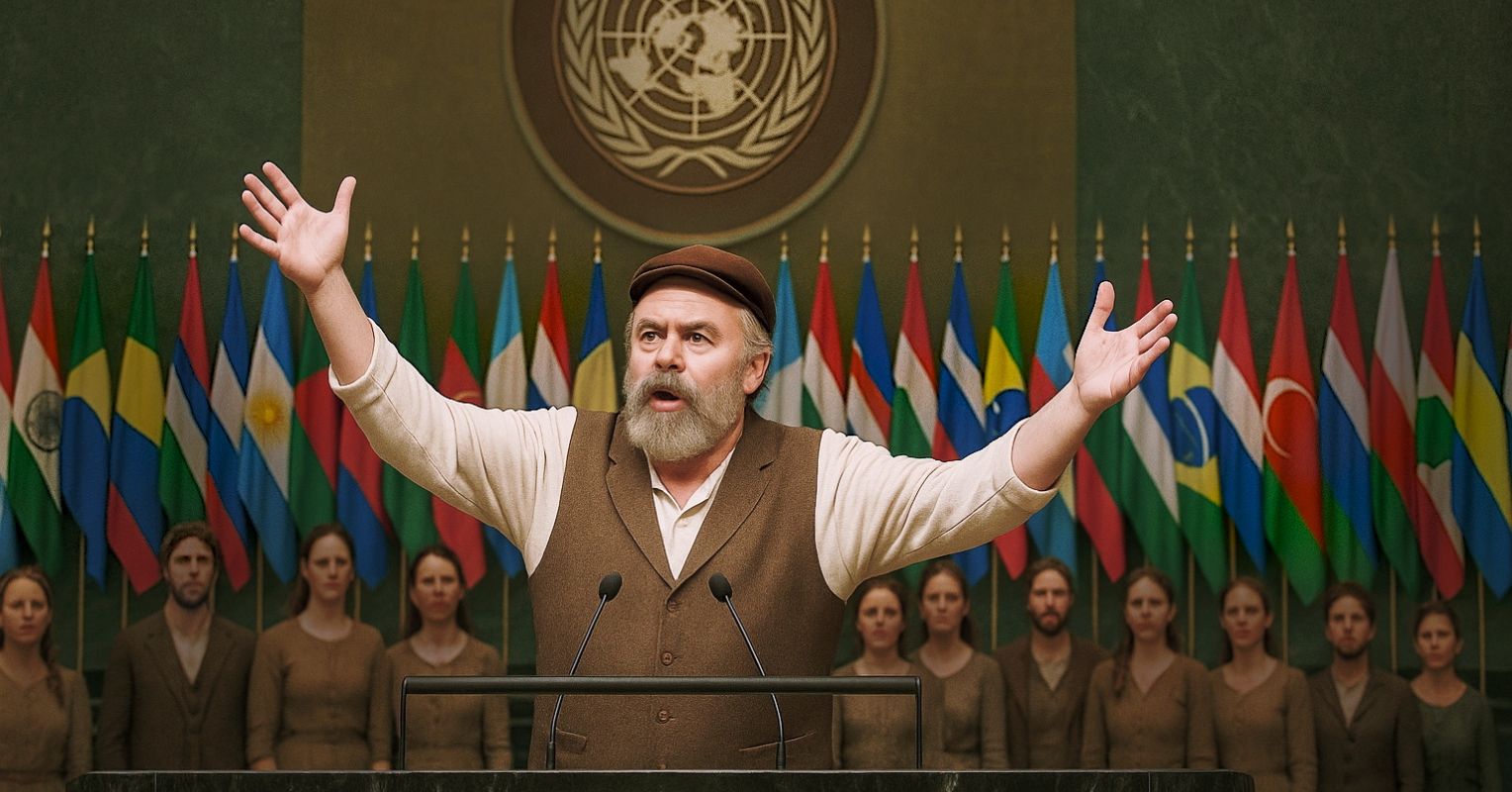
"Every week in my psychology practice, I meet people from around the world who share stories marked by loss, hope, fear, love, displacement, and resilience. Listening to them has deepened my understanding of how culture and tradition influence identity, relationships, and a sense of belonging. Yet I also see how these very foundations can be used to justify war, leaving individuals and families caught in an impossible dilemma: whether to uphold"
"Through this lens-and against the backdrop of ongoing global conflicts-I recently reflected on the story of Tevye and his family, who lived in a small Jewish village in Imperial Russia. I sometimes find that a story or metaphor helps me clarify what a client's struggle may be pointing to. Tevye is the protagonist in Sholem Aleichem's story "Tevye the Dairyman" (Mann, 2022; Aleichem, 1996), which was later adapted into the celebrated musical "Fiddler on the Roof" (Stein, 2007; Solomon, 2013)."
Weekly clinical encounters reveal people from diverse regions carrying loss, hope, fear, love, displacement, and resilience. Cultural and traditional forces shape identity, relationships, and belonging, while those same foundations can be used to justify war and put individuals and families into impossible dilemmas between upholding customs or protecting loved ones. Tevye's example shows how the clash between love and tradition can precipitate internal breakdown, fractured loyalties, and persistent grief. In therapy, naming Beacons of Connection and Shadows of Division exposes patterns that either heal or divide. Reconciliation often begins with understanding perspectives rather than requiring agreement.
Read at Psychology Today
Unable to calculate read time
Collection
[
|
...
]